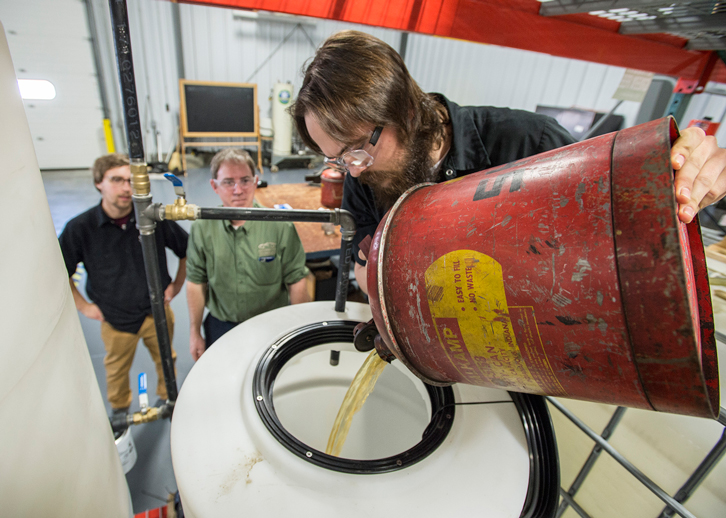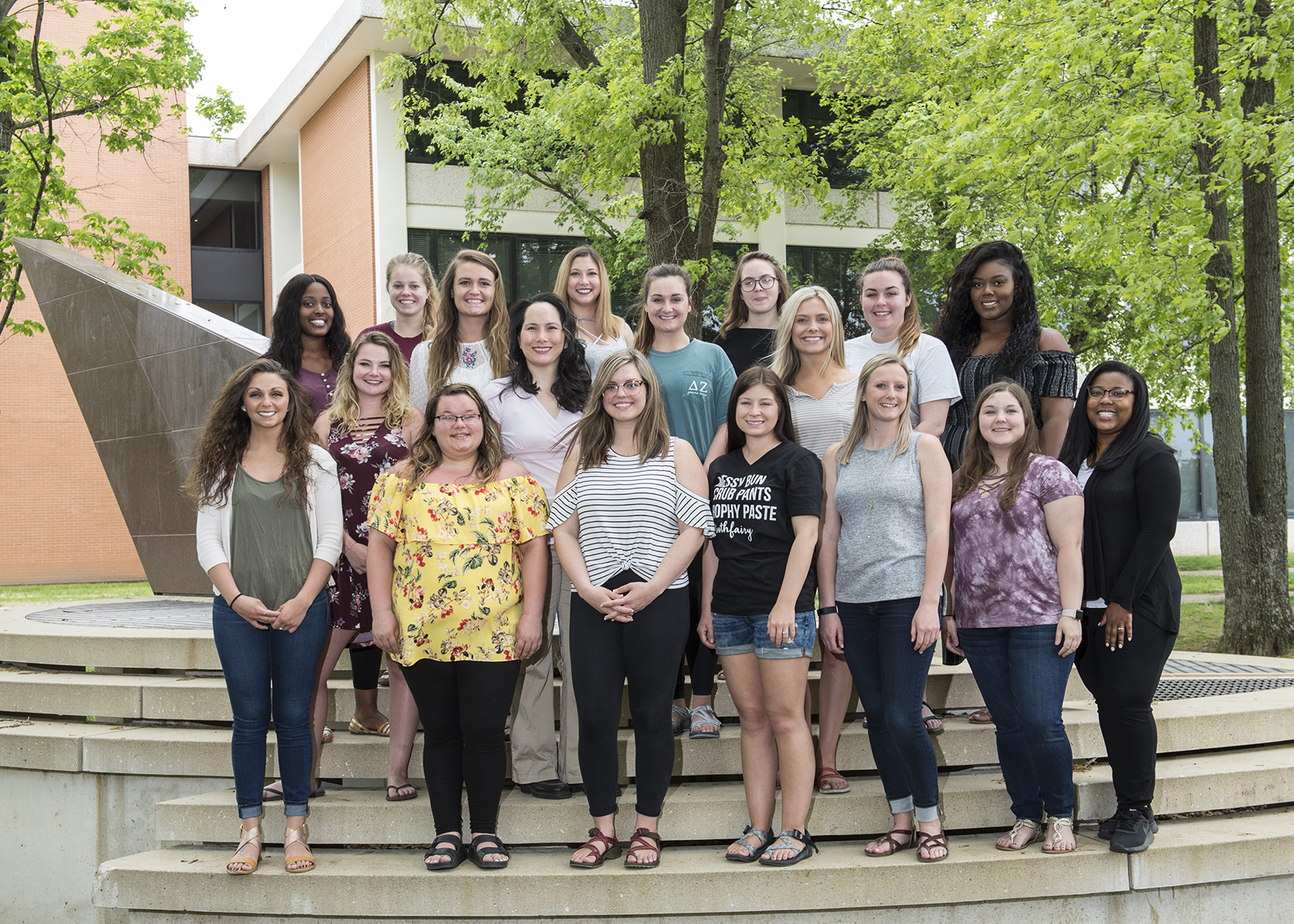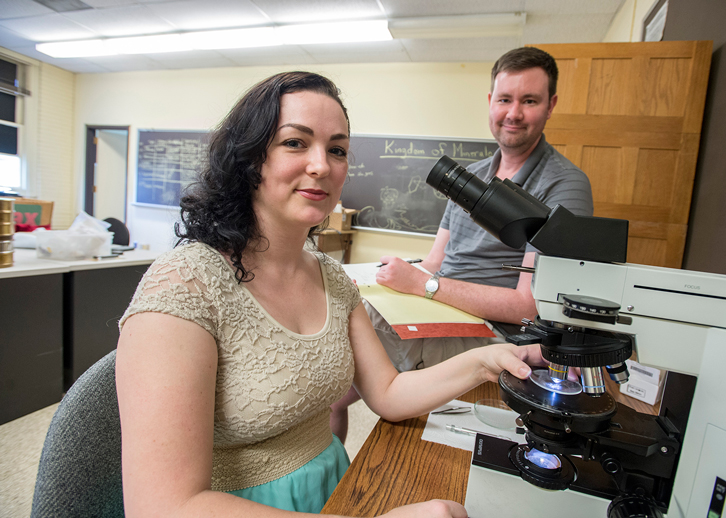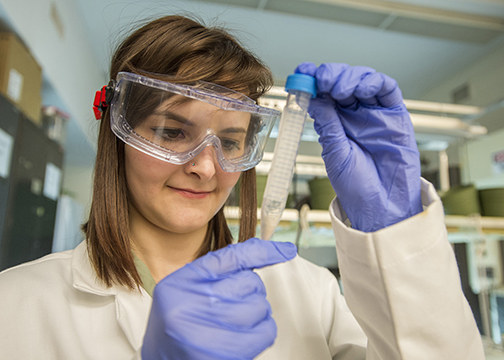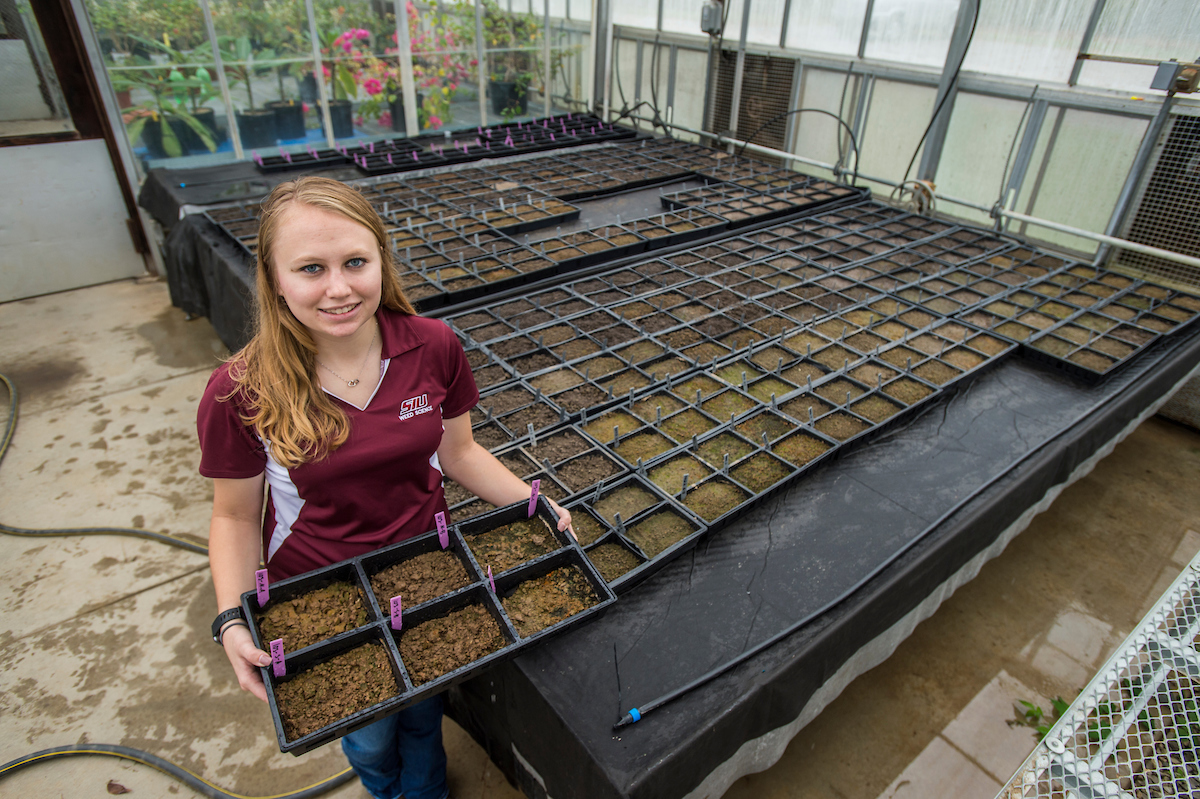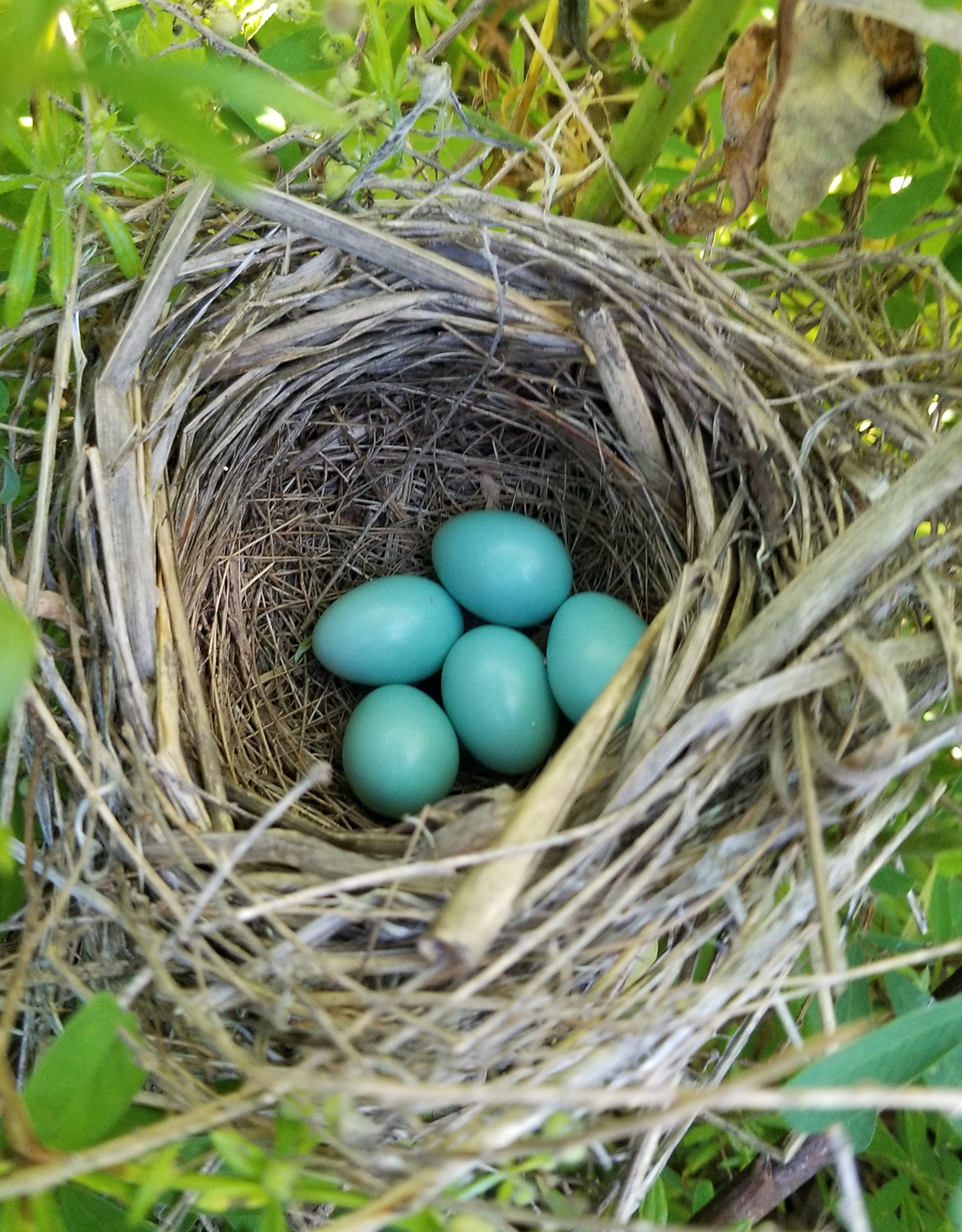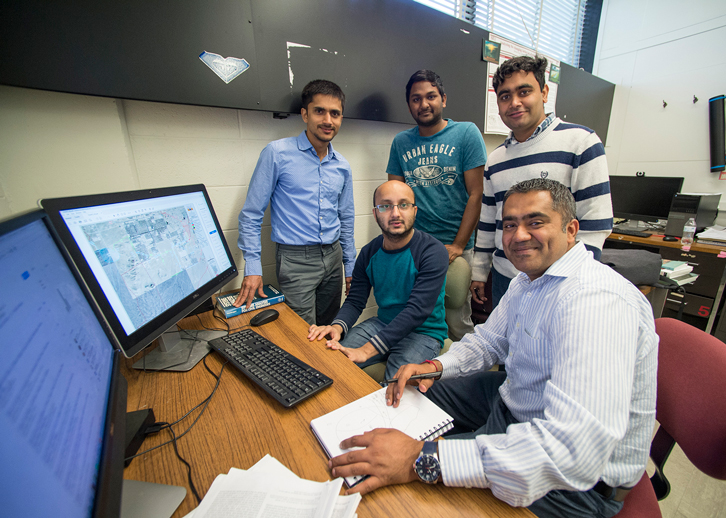
Sustaining human life in the desert is a challenge. Sustaining it for thousands of people requires constant planning and study, especially in the face of climate change.
A researcher and graduate students at Southern Illinois University Carbondale are helping one of America’s best-known desert cities – the City of Las Vegas – identify major natural hazards and better ways to manage natural resources in the coming years.
Bringing science to communities
Ajay Kalra, assistant professor in the Department of Civil and Environmental Engineering, is involved in American Geophysical Union’s project called Thriving Earth Exchange.
The effort helps volunteer scientists and community leaders work together using Earth and space science to tackle community issues and advance local priorities related to natural hazards, natural resources and climate change.
City leaders identified key planning areas and associated natural phenomena likely to be impacted by climate change. Those included drought, extreme heat and extreme precipitation events.
Tailoring a plan for City of Las Vegas
Kalra’s project, which began in summer of 2016, helped the city develop a Vulnerability and Climate Adaptation Plan, which leaders will incorporate into updates of the city’s master plan. The plan assesses the present and future climate-related scenarios in southern Nevada, and identifies a series of adaptation strategies that the city should pursue.
Kalra, along with graduate students Narayan Nyaupane, Rohit Jogineedi, Balbhadra Thakur and Ranjan Parajuli, worked on water management issues related to water supply and demand and storm water infrastructure management. To do so, the SIU team used state-of-the-art modeling software, local geodatabases and climate-related literature, as well as data collected from other agencies’ websites.
The team maintained close communications with city officials via biweekly teleconferencing and several site visits for the duration of the project, which ended in February 2018.
SIU promotes students in research
Involving students – undergraduate and graduate – in real research is a major priority at SIU. Kalra said the project provided great experience for the students, requiring them to apply theoretical concepts learned during their graduate work at SIU in a real-world setting.
“The majority of the tools and models used by the students during the project are based on industry standards, which they came to know through the SIU courses,” Kalra said. “The major goal of the project was to bring the science in community learning and I am very confident that this will definitely help students gain success in their future careers.”
